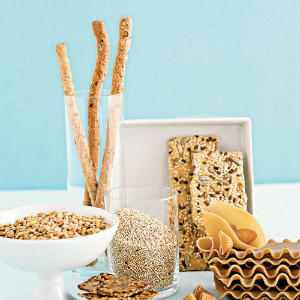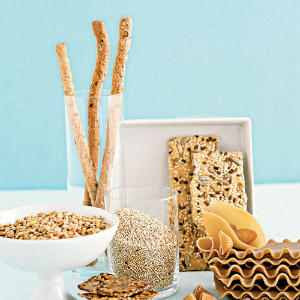By Andris Vassilios *
Fiber is a component of plant foods that does not break down during digestion due to the lack of proper enzymes in our body. They are not nutrients.
Fiber is divided into soluble and insoluble fiber. Both forms are essential for nutrition. Soluble fiber is found in cereals and bran. They give volume to food and help it pass quickly through the intestine, helping to prevent constipation.
Insoluble fiber is found in certain fruits, legumes, peas, vegetables and oats. Insoluble fiber is thought to help lower blood cholesterol levels, as well as the risk of heart attack when consumed in a balanced diet.
The importance of fiber in our health:
• Facilitate the digestive system: 25-35 grams of fiber daily in our diet, help prevent constipation and the proper functioning of the digestive system.
• They help maintain weight: Foods rich in fiber, make us feel fuller for longer. That way we do not "bite" what we find in front of us. Also, energy consumption is slower and this keeps us full until the next meal.
They help control blood sugar: The body needs more time to break down carbohydrates into sugar when there is fiber in the meal. Sugar, therefore, passes more slowly into the bloodstream and large fluctuations in blood sugar are avoided. This property of fiber is very important for diabetics.
• Help protect against some forms of cancer: Fiber helps the body get rid of toxins faster.
• Protect against heart disease: A diet rich in fiber and low in fat, helps lower cholesterol and protects the body from heart disease.
How to increase fiber in your diet:
• Choose fruits with peels that you eat such as apples, pears, strawberries, peaches and dried fruits such as figs and plums.
• You prefer to eat whole fruits than to drink their juice, as juices have less fiber.
• Choose vegetables with peel and seeds that are eaten as well as starchy vegetables such as corn, peas, beans, peas, etc.
• Legumes such as lentils or beans are high in fiber.
• Prefer whole grains that are high in fiber.
• Increase fiber intake gradually to avoid gastric problems.
Andri Vassiliou is a Dietitian-Nutritionist

